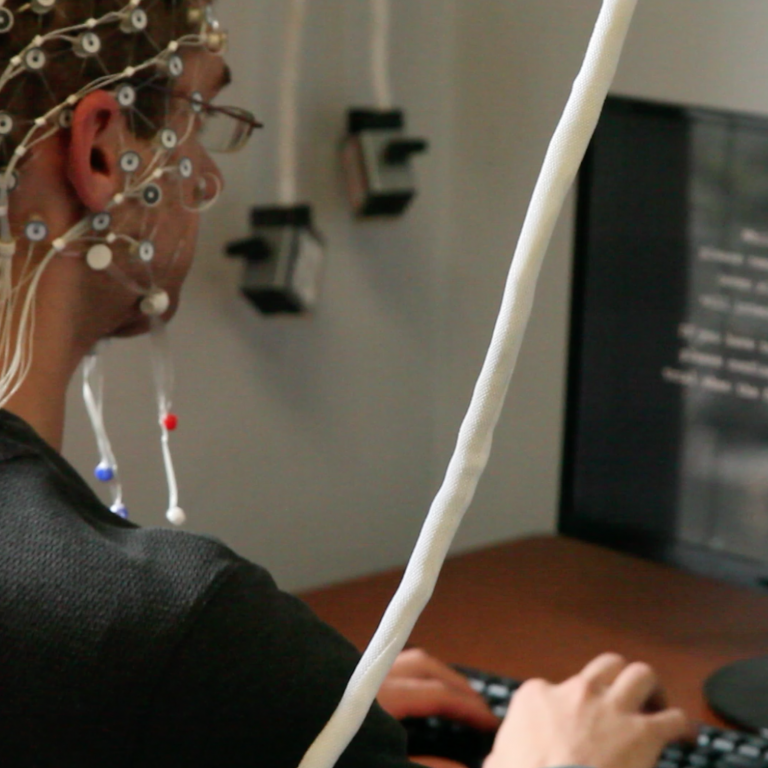by Craig A Foster, AIPT Comics
Every February, to help celebrate Darwin Day, the Science section of AIPT cranks up the critical thinking for SKEPTICISM MONTH! Skepticism is an approach to evaluating claims that emphasizes evidence and applies the tools of science. All month we’ll be highlighting skepticism in pop culture, and skepticism *OF* pop culture.
To kick things off, psychologist Craig A. Foster sees a distinction between intelligence and wisdom in our favorite heroes, and wishes it would extend to some plotlines, too.
Great science fiction is paradoxical. It’s rooted in scientific fantasy, an unreality that creates a lens for examining human nature. In Black Panther, Wakanda’s advanced technology illuminates a foreign policy dilemma involving autonomy versus international cooperation. The Matrix invites the audience to consider whether a person should choose pleasing false experiences over difficult real ones.
Do these unrealistic portrayals really help us understand who we are, and how we could possibly be better? Research examining the influence of psychological distancing on wisdom suggests that they do.
When we talk about intelligence, we’re usually referring to a person’s computational ability, like their aptitude in academic disciplines. In contrast, wisdom uses practical intelligence to promote a common good by effectively balancing competing interests. That is, wise individuals know how to solve interpersonal problems, and they do so in ways that promote collective well-being.
A cursory scan of the Marvel Universe shows this distinction. Hydra’s scientists are intelligent, but they aren’t wise. Why? Because wisdom and corruption don’t coexist.
And Captain America is better than Iron Man (yeah, I said it). Sure, Tony Stark can outperform Steve Rogers in the laboratory (intelligence). But Rogers is more admirable. He’s not self-focused, and he’s more effective at solving people problems (wisdom). The audience can only tolerate Iron Man’s personal failings because he’s cool. Put Stark in a dad bod wrapped in a Pontiac Aztek, and that figuring-yourself-out-act isn’t getting Gwyneth Paltrow, or any good person.
In sum, society needs wisdom more than it needs intelligence. Thankfully, psychologists Ethan Kross and Igor Grossmann identified a simple way to encourage wiser decisions in a 2012 paper. They just increased the psychological distance between “perceivers” and the social problems they were asked to solve.
In one study, participants considered how American political issues would develop if the candidate they did not endorse won an election. Some were instructed to use the perspective of a U.S. citizen living in the county, while others were told to see it as an Icelandic citizen living in Iceland. In another experiment, some subjects considered how an economic recession would influence them personally if they were “right there,” and the rest were asked to examine the issue as a “distant observer.”
Participants who examined these issues from the distanced perspective, relative to those who didn’t, exhibited greater intellectual humility, greater acknowledgement that the future is likely to change (see also: Yoda), and decreased endorsement of their own political views.
Science fiction does the same thing. It can provide a different perspective on social problems by depicting them in unfamiliar settings. Admittedly, science fiction is sometimes just regular human stories made awesome by technological additions. Predator tells the tale of an extraterrestrial that mercilessly kills humans using high-tech tricks, but replace Predator with Elizabeth Holmes and you’ve got essentially the same story.
And Kross and Grossmann’s psychological distancing isn’t entirely equivalent to that provided by science fiction. The researchers manipulated psychological distance and allowed participants to form their own narratives about personal or social problems. Science fiction storytellers manipulate psychological distance and provide the accompanying narrative. After Neo’s presented with the choice between a reality pill and a happy-fantasy pill, the movie doesn’t stop to ask, “What would you do?”
Nevertheless, direct psychological distancing and science fiction both provide ways for us to circumvent our self-centered distortions of issues. And this can help people avoid defensiveness around social problems like anti-vaccination, creationism, and climate change.
First, look in the mirror. We’re all capable of promoting unreliable claims. Next time you get defensive, take a deep breath and imagine you’re looking down on the problem from space. If it helps, give yourself some wise company like Captain Marvel or Mace Windu. Not Loki. Second, if necessary, encourage others do to the same.
Third, I’d like to personally call on science fiction writers and producers to develop more stories that address pseudoscience. Just put the plot into an analogy and they write themselves. One could make a film where the protagonist develops a cure for cancer, but finds that people are unwilling to accept it because they think the medical industry is trying to covertly give people acne to improve their chances at hooking up.
Or how about a novel where scientists discover a drug that cures depression, but the State of Kansas forbids the topic because only God cures depression? Or maybe just a Broadway musical where people don’t properly regulate water resources in the name of freedom. Oh wait. I saw that one already. It’s called Urinetown.
Anyway, you get the point. Well, maybe these don’t sound like great stories but hey, could they really be worse than Battlefield Earth?
AIPT Science is co-presented by AIPT and the New York City Skeptics.





